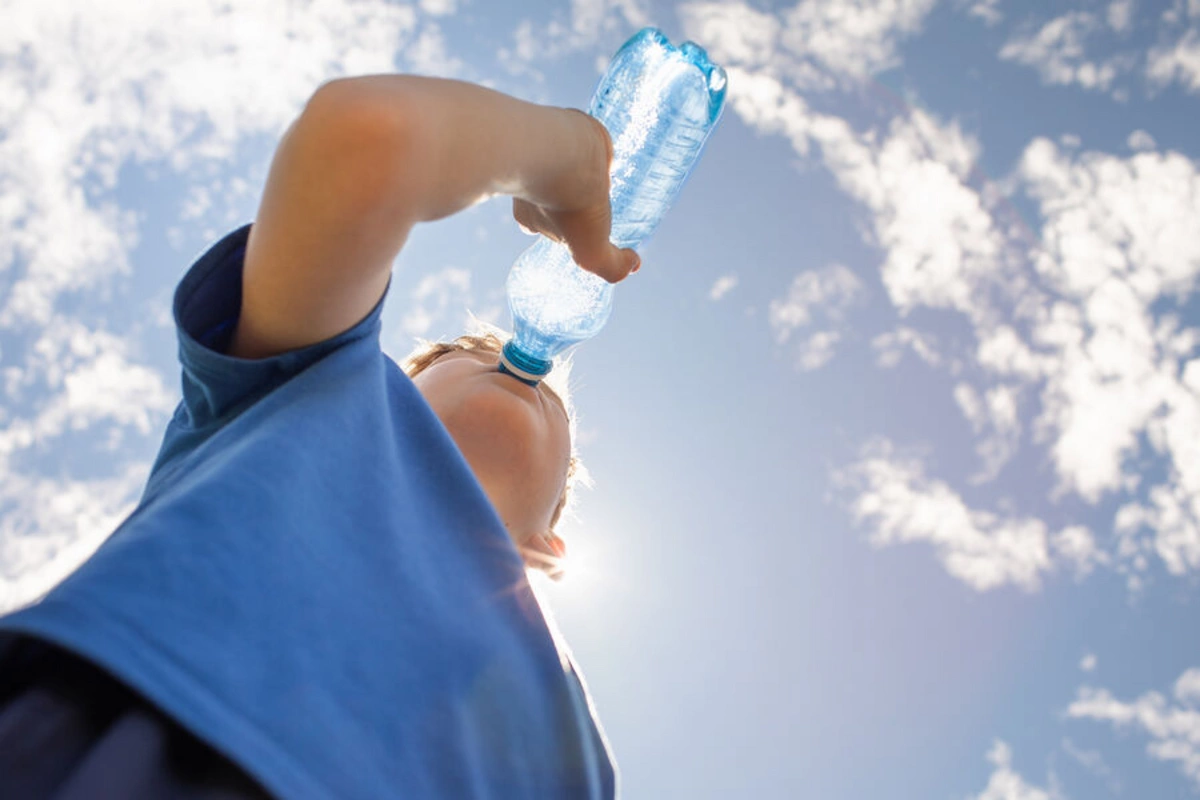Unexpected danger of heat for the brain revealed

Repeated exposure to high temperatures negatively affects children's learning abilities, especially in mathematics. This conclusion was reached by Australian researchers from RMIT and the University of New South Wales. The research results were published in the journal PLOS Climate.
The scientific review covered data from nearly 14.5 million schoolchildren from 61 countries. The analysis showed: children living and studying in hot climates perform worse on tasks requiring logic, abstract thinking, and concentration. Such skills are actively used in mathematics lessons. At the same time, reading abilities and performance on simpler tasks suffered to a lesser extent.
Students from low-income families proved to be the most vulnerable to heat. They more often attended schools without air conditioning and had no access to additional classes to reinforce knowledge. As a result, this group of students experienced the most significant decline in cognitive abilities.
According to scientists, in the long term, this could lead to an increase in the educational gap between young people. The researchers also noted that learning in unsuitable conditions could slow down the intellectual development of entire generations and exacerbate social inequality.
The study authors call for climate factors to be taken into account in educational policy. Among possible solutions are modernizing cooling systems in schools and revising approaches to organizing the educational process in the context of global warming.
Similar News
Popular sugar substitute found to be a barrier in cancer treatment
The popular sweetener sucralose may reduce the effectiveness of immunotherapy in cancer treatment. This conclusion was reached by specialists from the Universit...




 Azərbaycanca
Azərbaycanca  По-русски
По-русски  English
English 





